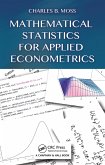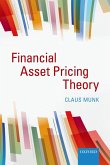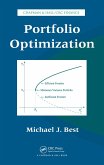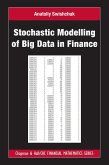In recent years the finance industry has mushroomed to become an important part of modern economies, and many science and engineering graduates have joined the industry as quantitative analysts, with mathematical and computational skills that are needed to solve complex problems of asset valuation and risk management. An important parallel story exists of scientific endeavour. Between 1965-1995, insightful ideas in economics about asset valuation were turned into a mathematical 'theory of arbitrage', an enterprise whose first achievement was the famous 1973 Black-Scholes formula, followed by extensive investigations using all the resources of modern analysis and probability. The growth of the finance industry proceeded hand-in-hand with these developments. Now new challenges arise to deal with the fallout from the 2008 financial crisis and to take advantage of new technology, which has revolutionized the practice of trading. This Very Short Introduction introduces readers with no previous background in this area to arbitrage theory and why it works the way it does. Illuminating pricing theory, Mark Davis explains its applications to interest rates, credit trading, fund management and risk management. He concludes with a survey of the most pressing issues in mathematical finance today. ABOUT THE SERIES: The Very Short Introductions series from Oxford University Press contains hundreds of titles in almost every subject area. These pocket-sized books are the perfect way to get ahead in a new subject quickly. Our expert authors combine facts, analysis, perspective, new ideas, and enthusiasm to make interesting and challenging topics highly readable.
Dieser Download kann aus rechtlichen Gründen nur mit Rechnungsadresse in A, B, BG, CY, CZ, D, DK, EW, E, FIN, F, GR, HR, H, IRL, I, LT, L, LR, M, NL, PL, P, R, S, SLO, SK ausgeliefert werden.









